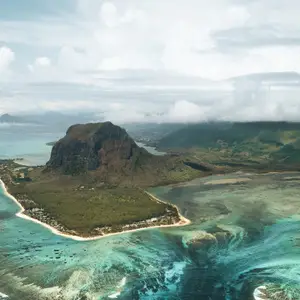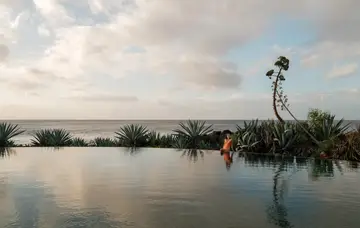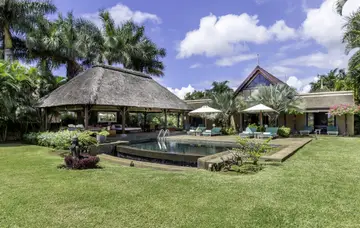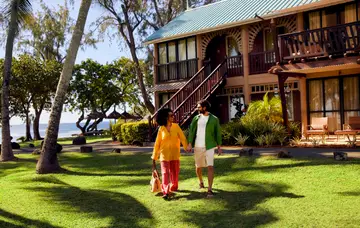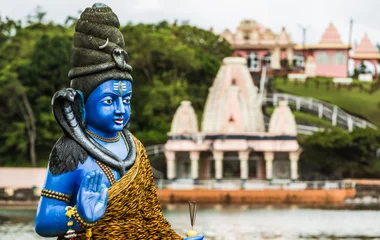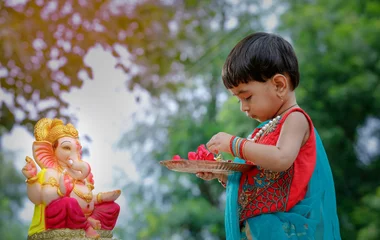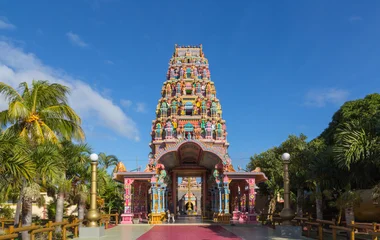
Cultural Diversity
Discovered by the Arabs in the 8th century, then by the Portuguese at the end of the 15th century, the island will be inhabited by the Dutch in the 16th century. Mauritius comes from the first name of the Prince of Nassau, Mauritius. The island became a French colony at the beginning of the 18th century, then an English colony until its independence in 1968. Located in the southwestern Indian Ocean, north of the Tropic of Capricorn, Mauritius has been a republic since 1992. With a surface area of 1,864 km², the island of volcanic origin is made up of a main island, Mauritius, and other outlying islands such as Rodrigues. It faces Tanzania, Mozambique and Kenya, 2,000 km away, and is 800 km from Madagascar.
During your stay in Mauritius, you will quickly be enchanted by its diverse populate of 1.25 million inhabitants mixing Creoles, Indians, Chinese, Franco-Mauritians.
Two thirds of the population are of Indian descent, but the official language of Mauritius is English with Creole or French secondary. The cultural diversity is also evident in the rich gastronomy with flavours from India like curry or vindaye (better known as vindaloo) and rougail (a tomato-based dish with a variety of recipes) from Reunion Island.
